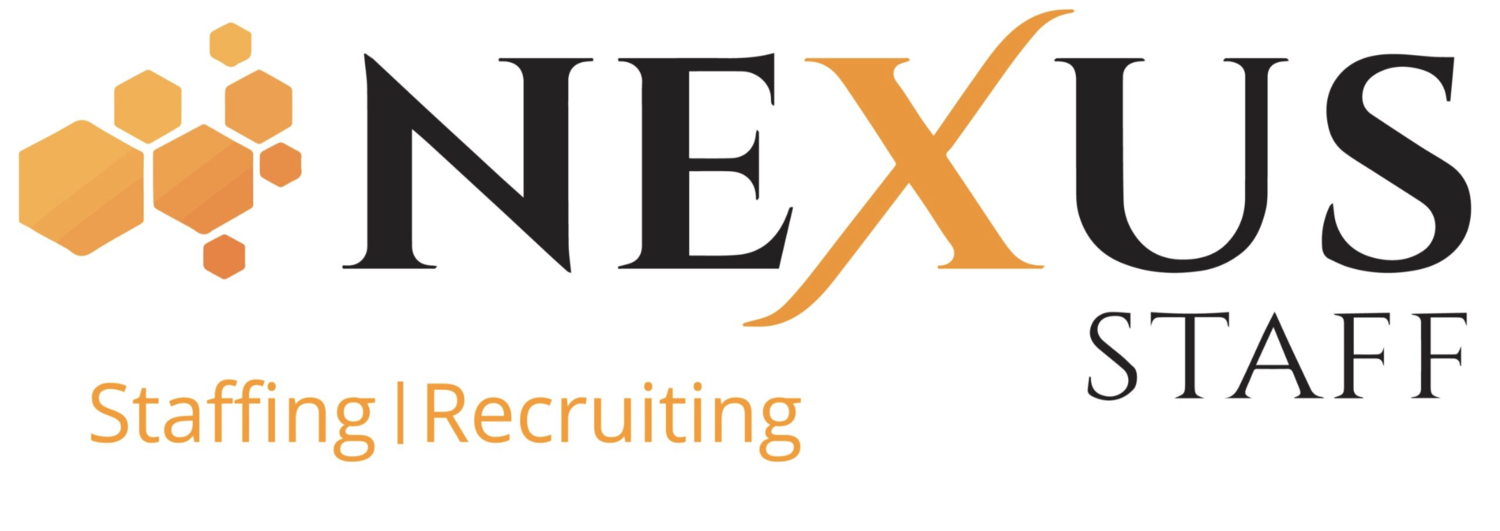Pros And Cons Of Job Hopping
A 2021 survey from CareerBuilder revealed generation Z and millennial employees average just over 2 years in a role before moving on to the next. In comparison, older generations typically stay for longer – 5 years for generation X and 8 for baby boomers.
As more and more gen Zers enter the workforce, their typical habits and feelings toward workplace trends are becoming the norm, including their likelihood of moving from job to job.
Also known as “job hopping,” below are some pros and cons of this trend.
Pros
Salary increase
Staying put in one place and waiting for a raise or salary increase takes time and dedication, but if you’re a job seeker searching for a faster path, finding a completely new role can be a solution to a higher pay. In fact, research from ADP shows workers who move on to new opportunities earn more than their peers who decide to remain in a role.
Career development and advancement
Similar to a salary increase, a new job can also bring better opportunities for faster career development. Rather than waiting for a promotion or change in responsibilities at one position, job hopping can potentially allow you to quickly experience career development opportunities and advancements that weren’t available in your previous role. After gaining valuable experience and skills in one role, you may be ready to hop into a higher position at a new company.
Exploring new opportunities
A new job can mean a change in location, work schedule, corporate culture, and more. By switching jobs after a year of two, you’re able to learn more about what works for you or what you’re looking for in a role or company. You’re given the unique opportunity to explore these different options first hand and gain valuable perspective on your future. In addition, you’re also able to realize what it is you don’t like. Perhaps the remote work schedule you thought you wanted wasn’t for you after all, or maybe your new responsibilities aren’t as great as you thought they’d be.
Networking opportunities
With a new role comes the chance to network with new professionals in your industry. If you’re always looking to expand your professional connections and meet like-minded people, exploring different jobs can play a big role in how you meet them. As a result, a strong network gives you the opportunity to further your professional development, learn new skills, broaden your career interests, and even be recommended for a new position if or when the time comes.
Cons
The stigma
Despite job hopping becoming more widely accepted, it doesn’t mean everyone is on board with the idea. To some recruiters or hiring managers, a resume with multiple jobs in a short period of time could raise a few questions. They may worry your experience has not been consistent enough for yet another role or assume you’ve had recurring issues at various organizations.
Potentially no room to learn or grow
If you often find yourself switching jobs after slight inconveniences or small disruptions, you may not be giving yourself room to grow in that role or learn from your mistakes. For example, while disagreements with coworkers or poor feedback from your manager are never ideal, learning how to work through these difficult situations can be essential to strengthening your abilities as an employee and help you better prepare for facing similar circumstances with a new perspective.
Starting over
Perhaps the most prominent con to job hopping is the idea of starting over time and time again. To some job seekers, this may sound exciting – the uncertainty of a new role, meeting new people, and learning new skills, while others may not handle their first-day jitters as well. Additionally, “starting over” doesn’t just describe the new experiences you will face, but it can also mean restarting your accumulated vacation, sick, and personal days, insurance benefits, etc.
Key takeaways
At the end of the day, there is no answer as to whether or not job hopping is right or wrong. While some job seekers and employers alike may not bat an eye at multiple positions in a short amount of time, others might wonder why this was the case. If you find yourself in a job that puts a strain on your mental or physical health, gives you no room to grow, or puts you in a toxic work environment, it’s probably in your best interest to start your job search up again. On the other hand, if you’re just looking for the next best thing before fully settling into your current role, it’s important to weigh the pros and cons of moving on or staying put and do what’s best for you.
Find more resources for job searching, information on current workplace trends, and more on the Nexus Staff blog. Looking for a new role? Check out our list of available jobs here or contact us today to get started on your personalized recruitment experience.









